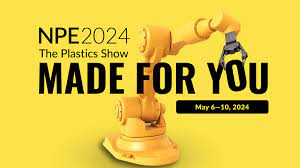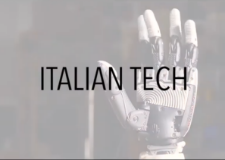The executive explained that this concept is based on being close to suppliers, customers and manufacturing centers.
" Nearshoring has taken off due to two aspects: the entry into force of the T-MEC, and the geopolitical issue, that is, the situation of tensions between the United States and Asia," said Lizcano.
The executive president of FEMIA said that Mexico must take advantage of its geographical position: "Without a doubt, there are advantages in belonging to the North American economic bloc formed by the United States and Canada. This creates opportunities for us, but they have an expiration date".
He said that Mexico competes against the whole world and that the opportunity due to its proximity will not guarantee the business.
"We need to have the right costs. At the end of the day, all the work packages are obtained in competition with Asia and countries such as Turkey or Morocco. In other words, competition is still global and we have the slight advantage of being close," said Lizcano.
In this regard, Carlos Robles, president of FEMIA, said that the aerospace industry should take advantage of nearshoring to develop a supply chain in the country, with high integrated value, specific technical knowledge and that promotes the development of technology and talent in the industry.
FEMIA executives agree that it is important to maintain a strategic plan as a country, continue working together and continue to see North America as a geo-economic block that is giving Mexico the potential to attract the relocation of companies.
In this regard, Luis Lizcano pointed out that the supply chains in the aerospace sector are very complex and compared them to the supply chains in the automotive industry.
"In the automotive industry there is a proven experience, an important maturity in our country. For example, in terms of supply chains, a car has more or less between 60,000 and 80,000 different part numbers. On the other hand, an airplane can have up to 6,000,000 different part numbers, with the only difference being that an automobile has a large volume and an aircraft has a very small production," said Lizcano.
The executive explained that this opens up a significant number of opportunities in the sector and explained that, in the case of metal-mechanical technologies, precision machining, surface finishing, heat treatments, forging, casting and casting are required.
"Within the value-added chain we also need the new 4.0 technologies to, precisely, take advantage of the opportunities that arise in our country in areas of engineering and design," Lizcano detailed.
Source: Modern machine shop


























